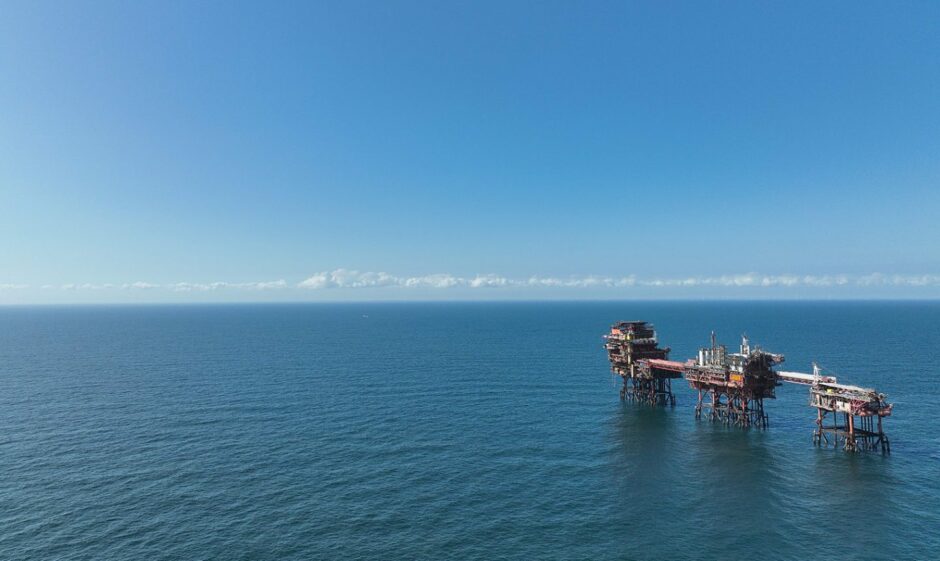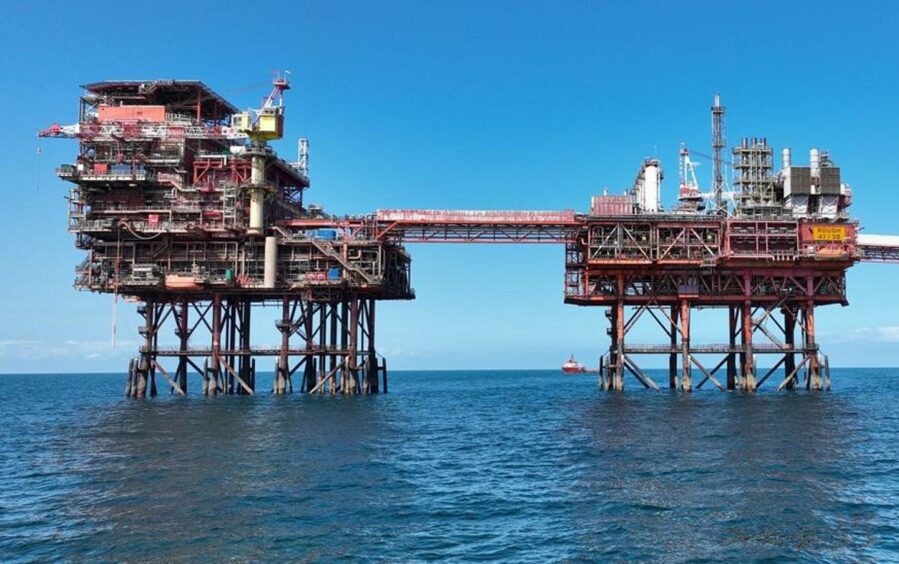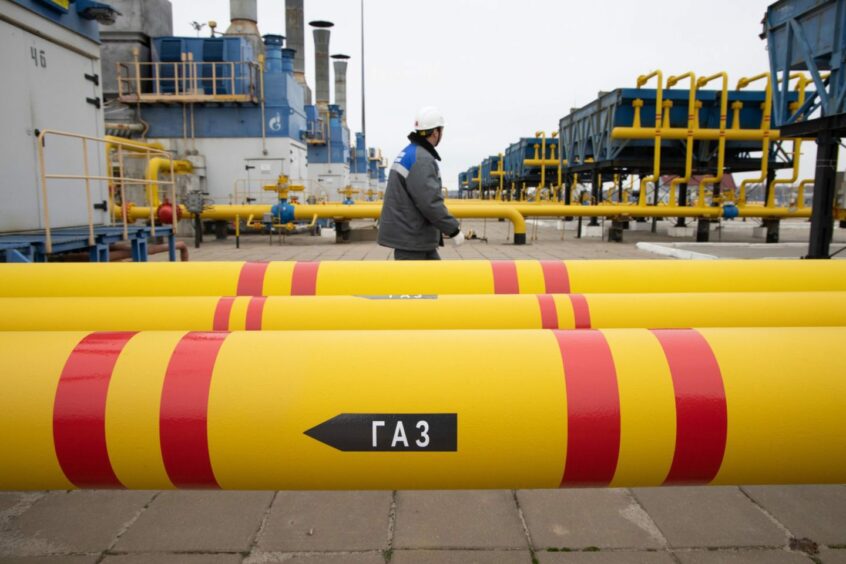
European oil and gas shortages could be on course to worsen next year when sanctions against Russia properly manifest themselves.
Aberdeen University’s leading petroeconomist says some countries were still able to use Russian supplies to top up their fuel stores in the summer.
But with the impact of sanctions against the Kremlin – rolled out following Putin’s attack on Ukraine – likely to materialise fully in 2023, Professor Alex Kemp says there will be little, if any, slack in the market.
Moreover, the ability of other exporting countries, such as Norway and Qatar, to permanently fill the void remains somewhat unclear.
As such, whether the UK will be able to fill up its limited gas supplies next year remains “very much” an open-ended question, says Professor Kemp.
He has also backed oil and gas prices to remain high in 2023 as countries scrabble for fuel.
“It’s well known we’re looking at the likes of Norway and Qatar for more gas, but there is an open question around whether they will be able to export enough.
“Even if the war ends, sanctions against Russia are likely to continue, and therefore I think it’s very unlikely that we will get a significant resumption of Russian gas to Western Europe next year.
“There might be more shale gas coming from the USA, possibly some from Norway, and maybe a little bit from the UK North Sea.
“It is unclear how big the problem will be when it comes to summer 2023, refilling stores, and preparing for winter demand into 2024. It could be quite difficult.”
Rough a small buffer
One positive for the UK is that domestic gas storage capacity is in a much stronger state than a year ago.
Earlier in 2022 Centrica reopened the Rough site in the Southern North Sea, which had been retired in 2017 after government support was pulled.
And it was recently confirmed that the company had fully filled the storage facility with 30 billion cubic feet of gas, giving the UK a three-day cushion.
It is however, considerably less than Rough used to be able to stockpile – before its closure the site could hold 150bn cubic feet of gas, about 10 days of demand.
Professor Kemp said: “The volumes are really quite small. To enable bigger stores, Centrica will need to spend a lot of money, and probably ask the UK Government for help in that regard.
“Of course, that is before the company even secures the gas to fill Rough. All signs point towards 2023 being tough.
“We can expect more supplies from certain places, but there’s no guarantee it will be enough to replenish the stores ahead of winter 2023-24.”
Settle in for the long-run
Either way, it is clear the UK, and Europe more widely, should prepare for a long-term future without Russian oil and gas supplies.
Even if Putin orders his forces to withdraw from Ukraine, Professor Kemp says it would take decades before relations between the country and Western Europe thawed.
He said: “That’s a very long-term idea. I’m old enough to remember when the Berlin Wall fell and there were differing views about whether doing business with Russia was a good idea or not.
“It would take a major change in government policy in Russia for things to revert; suspicions are very high among Western countries and any return would require a lot of thinking.”
Recommended for you



 © Supplied by Centrica
© Supplied by Centrica © Bloomberg
© Bloomberg